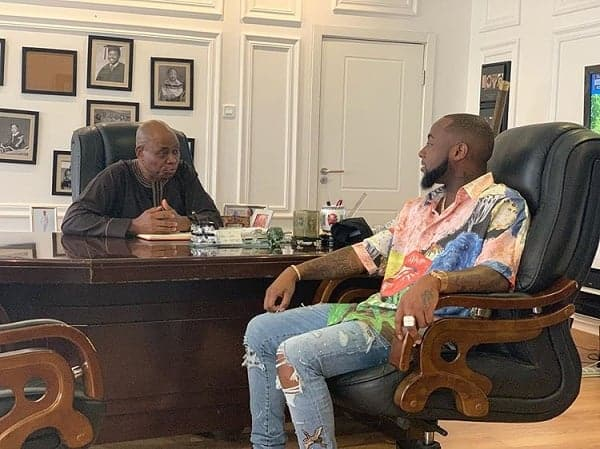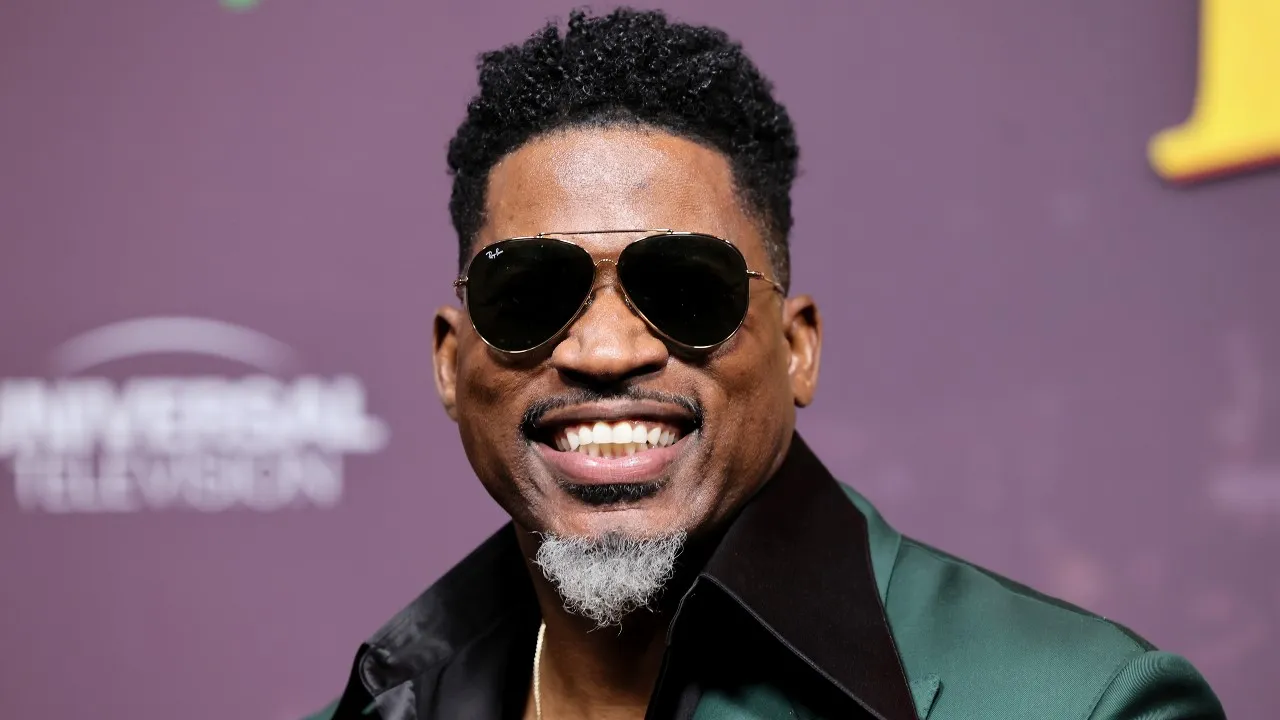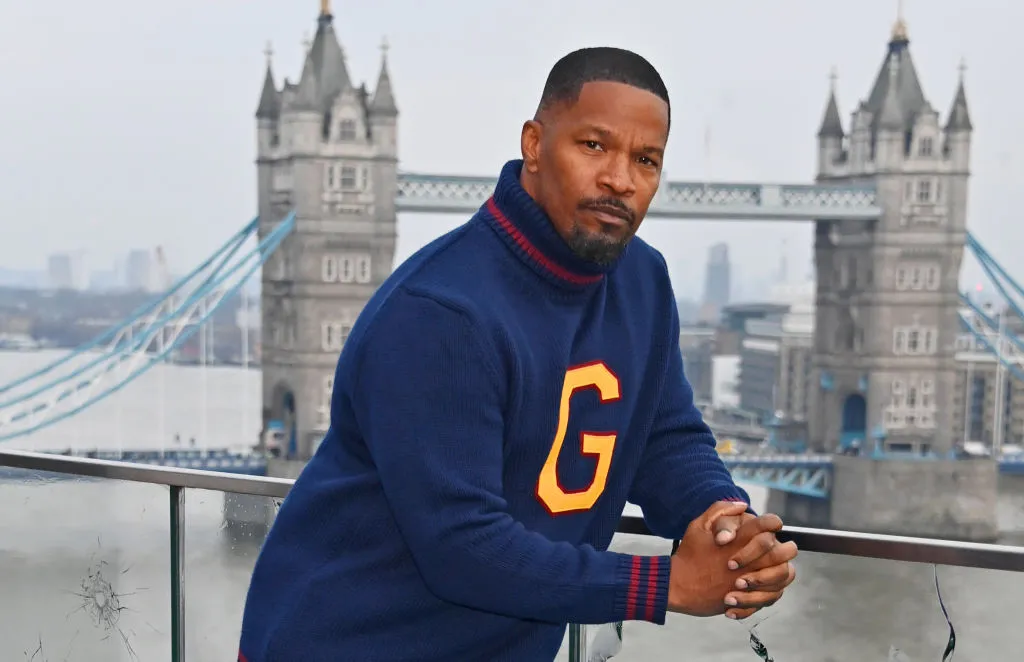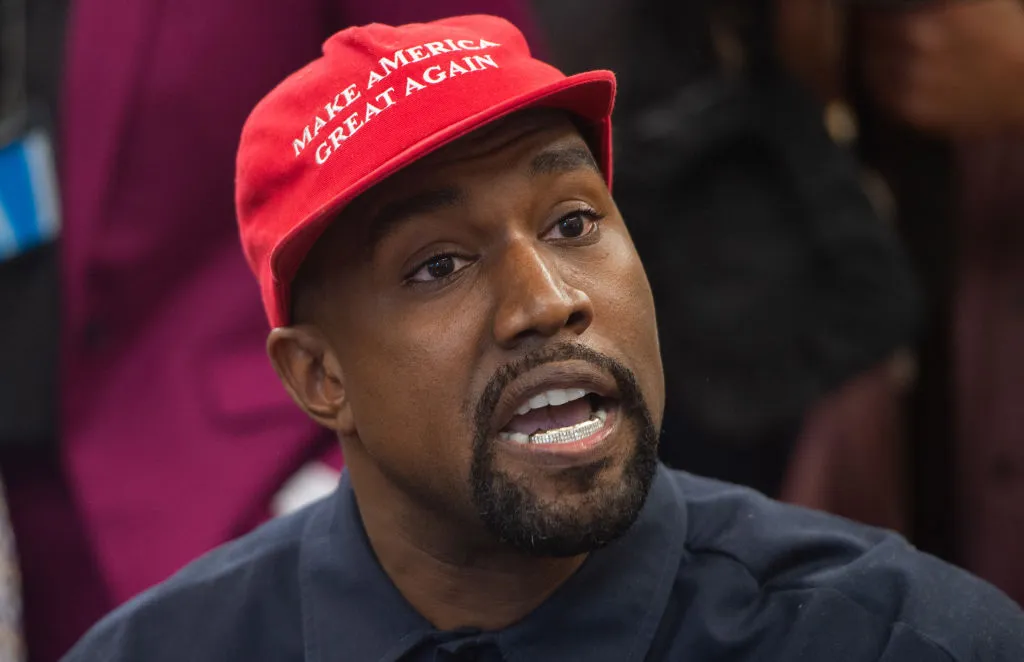Bhad Bhabie, the 20-year-old artist and viral personality, has sparked significant controversy following a recent appearance on Ari Fletcher’s Dinner With The Don podcast, where she hinted at an inappropriate past relationship with Chicago rapper Chief Keef. During the interview, Bhad Bhabie casually discussed her relationship with Keef, referring to it as “friends with benefits.” However, the conversation took a darker turn when she almost revealed her age at the time, catching herself mid-sentence.
“I was like si—” she began, before quickly pulling back. She later added, “I took it personal because I was young,” revealing that the relationship lasted four years. The implication that she was only 16 when she started seeing Chief Keef ignited immediate backlash online, with many accusing him of predatory behavior.
The Backlash: Accusations of Predatory Behavior
As soon as Bhad Bhabie hinted at the timeline of her relationship with Chief Keef, social media erupted with outrage. Critics quickly pointed out the significant age gap and the power dynamics at play, with many questioning the rapper’s actions. The response became even more heated when Bhad Bhabie suggested that her relationship with Keef began when she was just 16 years old, a revelation that fueled public outrage.
Despite later claiming that the relationship didn’t become romantic until she turned 18, the timeline remains unclear, leading many to continue questioning the nature of their relationship. Bhad Bhabie’s vague comments about the situation raised even more concerns, as it became difficult to verify the exact details of their interactions.
Emotional Attachment and Tattoos: Signs of a Complicated Past
In other interviews, including an appearance on the High Low With EmRata podcast, Bhad Bhabie elaborated on her emotional attachment to Chief Keef. She revealed that she had known him since she was around 15 or 16 years old and admitted to “really loving him” at the time. She also shared that she had tattoos in his honor, including his surname across her chest and his first name on her wrist, which seemed to further solidify the depth of her feelings for him.
The resurfacing of these statements has only intensified the criticism, with many pointing out the emotional and psychological complexity of such a relationship, especially for someone so young. Bhad Bhabie’s revelation raised concerns about the impact of such a relationship on her mental health and well-being, given the significant power imbalance involved.
Bhad Bhabie’s Admission of Abuse and Industry Exploitation
In addition to her comments about Chief Keef, Bhad Bhabie also opened up about the trauma she experienced during her childhood. She revealed that she had been molested between the ages of three and six by her mother’s ex-boyfriend and again between the ages of 13 and 16 by a former bodyguard. These revelations added a new layer of depth to her story, as she recounted the emotional and psychological toll of these early experiences.
Bhad Bhabie also disclosed that, during her teenage years, she had been involved with men in their 30s, further raising concerns about the exploitation of young women in the entertainment industry. Despite reporting these incidents to authorities, she claimed that none of the men involved were held accountable, an assertion that only fueled the public debate about the failure of systems meant to protect vulnerable young women in the industry.
Public Reactions and Renewed Debate on Industry Exploitation
Bhad Bhabie’s revelations have reignited public discussions about the exploitation of young women in the entertainment industry, particularly in the context of power dynamics and the failure of protective systems. Her story sheds light on the pervasive issue of older men pursuing relationships with underage girls, with many arguing that these situations are often ignored or swept under the rug in the name of fame and fortune.
The social media backlash to Bhad Bhabie’s comments about Chief Keef has also sparked a larger conversation about accountability in the industry. Many critics argue that such behavior should not be tolerated, especially when the individuals involved are still minors at the time. The controversy has raised questions about the responsibility of those in power within the entertainment world to protect young stars and ensure that they are not subjected to exploitation or abuse.
Bhad Bhabie’s Regret and Reflection
Despite the backlash, Bhad Bhabie has expressed some regret about her past actions. During an Instagram Live in December 2024, she discussed a troubling incident involving her current boyfriend, Le Vaughn, who physically assaulted her after learning that she had reached out to Chief Keef. While she didn’t directly blame the rapper for the assault, she suggested that it was a situation she “should’ve never gotten myself into,” reflecting a sense of regret without condemning Chief Keef outright.
Her comments about the assault added another layer to her already complex narrative, as she shared the emotional turmoil she had experienced in both her personal relationships and her time in the industry. This incident further underscores the difficulty of navigating relationships, trauma, and public life when one is thrust into the spotlight at such a young age.
Conclusion: A Story of Exploitation and Trauma
Bhad Bhabie’s recent revelations have opened a floodgate of public debate about the complexities of power, age, and exploitation in the entertainment industry. Her relationship with Chief Keef, while only one part of her story, has highlighted the predatory dynamics that often go unchecked in the industry. Alongside this, her personal accounts of childhood abuse and teenage relationships with older men underscore the systemic failures that allow such exploitation to continue.
As Bhad Bhabie continues to share her story, it is clear that her experiences serve as a reflection of the larger issues that many young women face in the public eye. The entertainment world’s treatment of its stars, particularly young women, is under increasing scrutiny, and Bhad Bhabie’s story has become another powerful reminder of the need for greater accountability and protection for vulnerable individuals.














